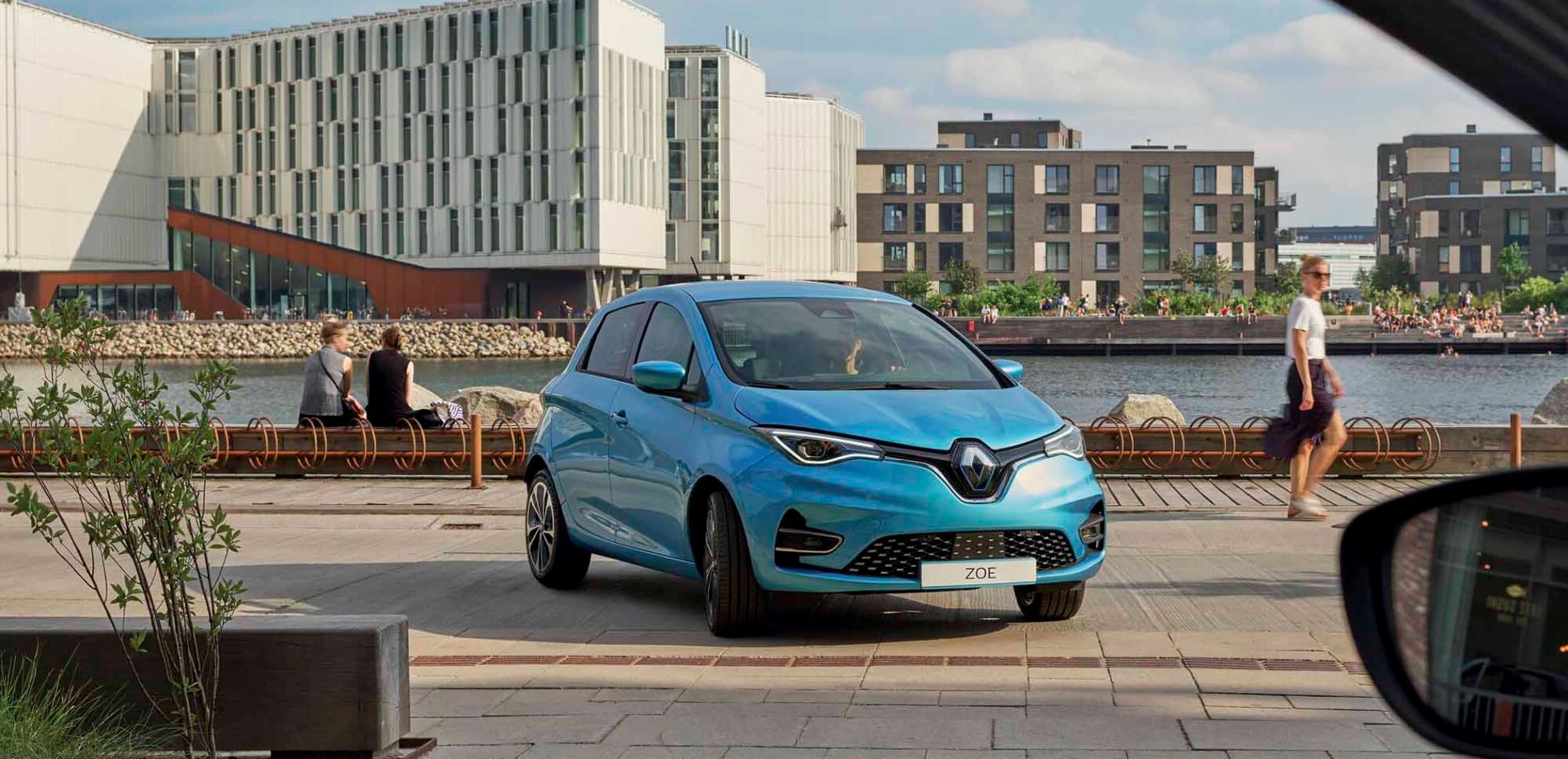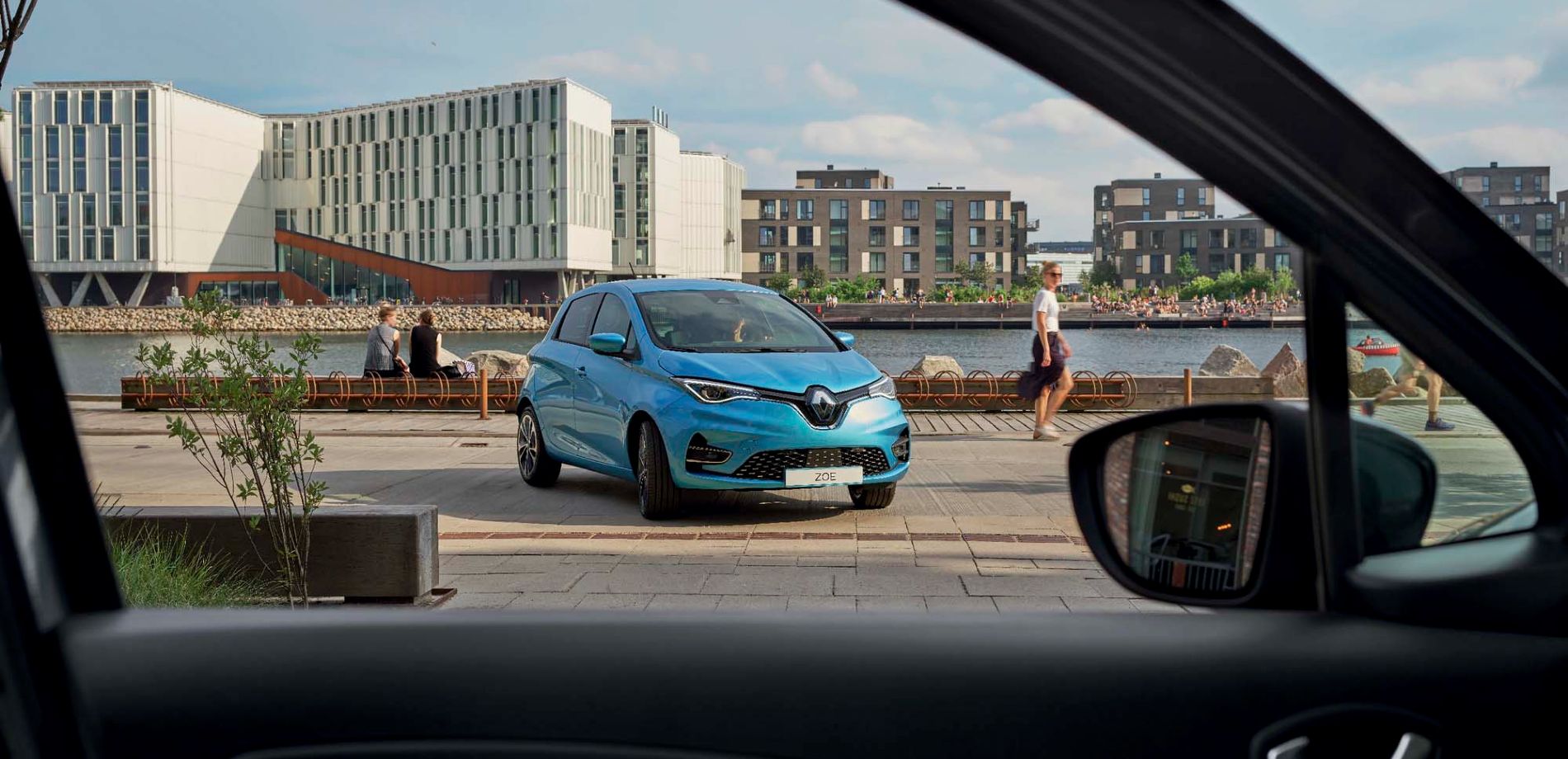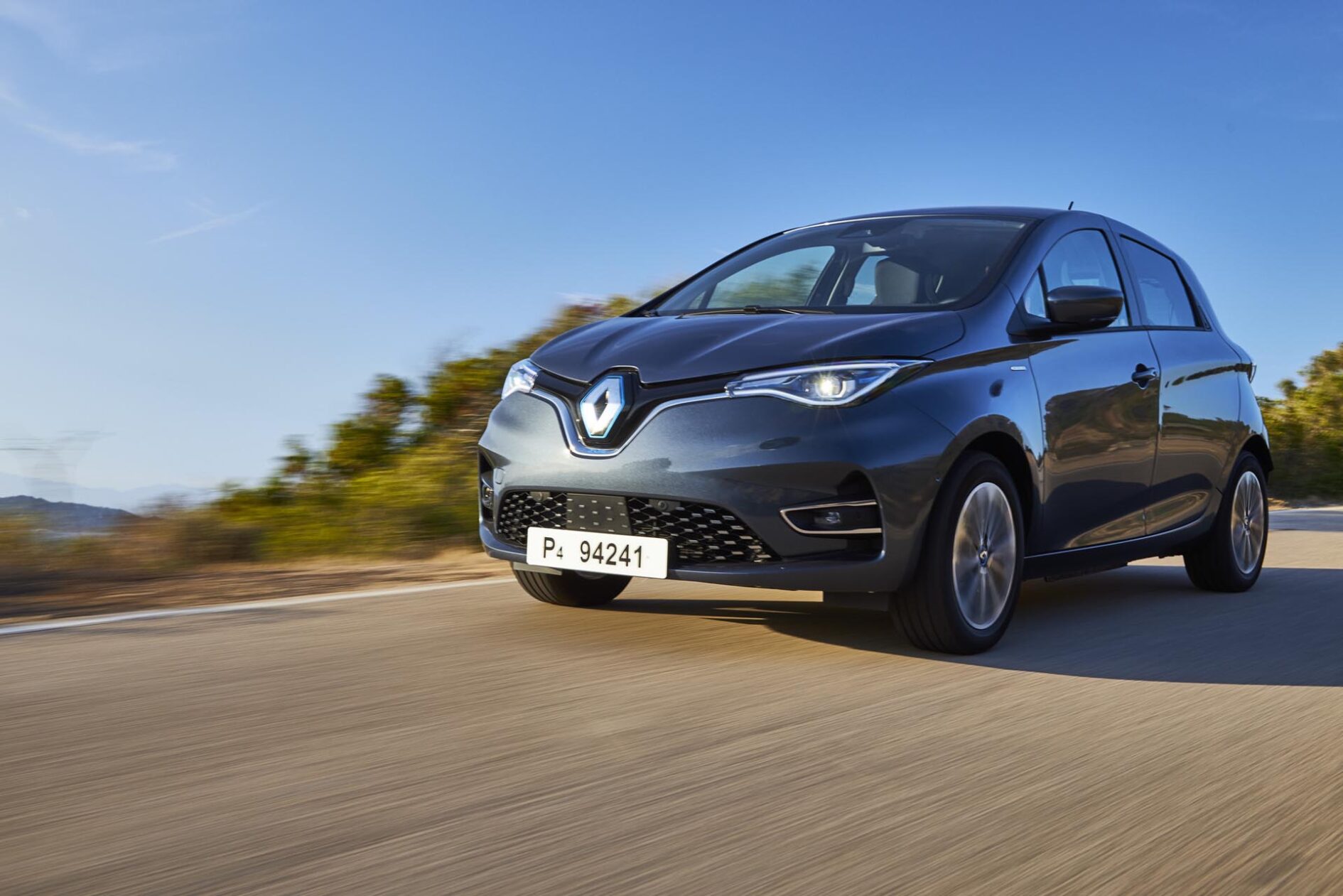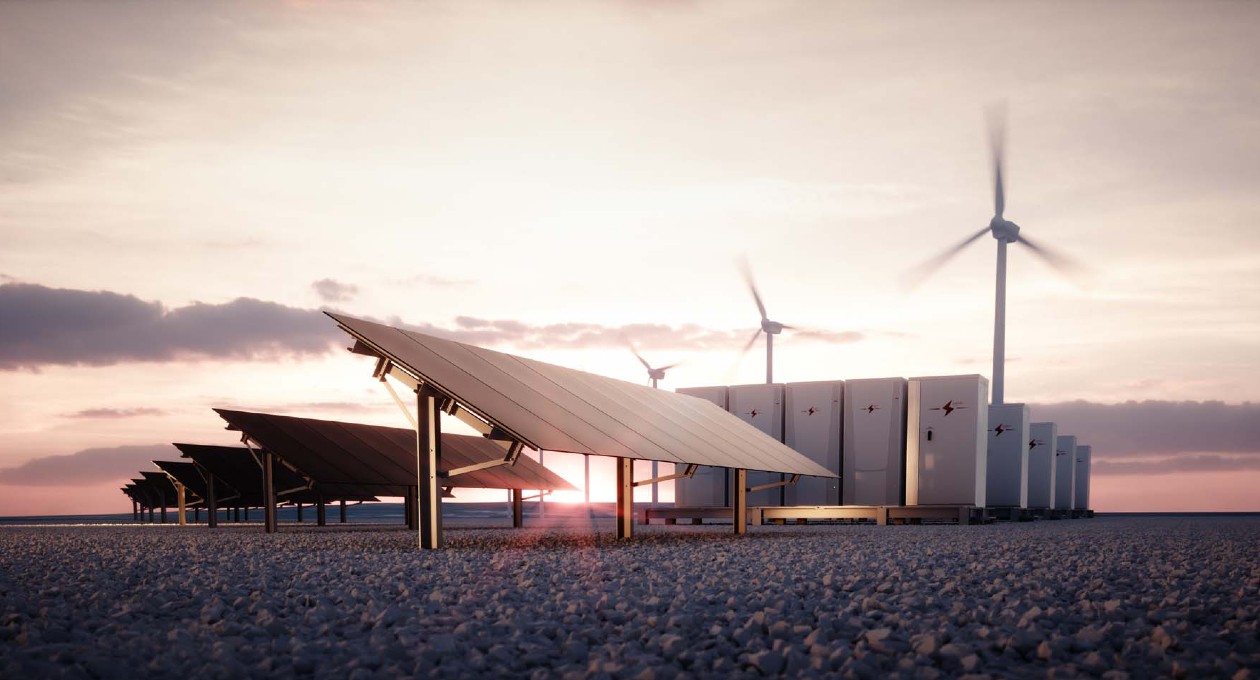

Despite the health crisis, the year 2020 is a record year for electric vehicle sales in Europe and particularly for Renault.
In the current pandemic context, sales of electric vehicles in Europe remained very dynamic in 2020 with growth rates around 90% in the main European markets. These sales now represent more than 5% of total sales, all motorizations combined. This is a trend that can be seen in large countries such as France, Germany and the United Kingdom. A significant milestone has just been reached.
Over 2020, Groupe Renault sold more than 115,000 electric vehicles, including more than 100,000 ZOE. How can you explain these excellent results?
These results are more than excellent, they are historic! Just like the general inflection of the automobile market towards electric vehicles, they are largely the result of the pioneering work that the Groupe Renault has been doing for more than ten years on electric technology. We have gradually lifted the obstacles that could dissuade customers from opting for this motorization, notably thanks to the expertise of our salespeople who are able to demonstrate to customers that the cost of using an electric vehicle is lower than that of a thermal vehicle. But also, thanks to the progress made in terms of battery autonomy – the milestone was passed with the second-generation ZOE which claimed 300 km of autonomy, almost 400 today with the third-generation ZOE – but also by working on applications available in the vehicle and on a smartphone. These applications make it easy to locate operational recharging points so that you can plan your route with peace of mind. We are now reaping the benefits of all this work.
Sales of electric vehicles in Europe remained very dynamic in 2020 with growth rates around 90% in the main European markets.
Gilles Normand, SVP Electric Vehicles and Mobility Services - Groupe Renault

Have other factors contributed to this surge in sales of electric vehicles?
Of course. First and foremost, the regulatory context that tightens the threshold for CO2 emissions via the CAFE (Corporate Average Fuel Economy) standard, has definitely accelerated this growth. It has forced manufacturers to include electric models in their range and thus the competition has had to develop. But paradoxically, this multiplication of offers did not penalize us. On the contrary, it has allowed us to develop our sales because some customers wanted more choice before deciding to buy an electric vehicle. And often they opted for ZOE, the historical market leader in Europe, which offers a better autonomy/price/equipment ratio than its competitors.
We should also mention the opening of certain new markets for electric vehicles, notably light commercial vehicles – a segment in which Kangoo Z.E. has confirmed its leadership for the ninth year in a row. After the fleets of large groups such as La Poste, SMEs and craftsmen are now opting for electric vehicles, which are ideal for last-mile delivery. They do so because they are not alone. We support them through our new subsidiary Elexent, which offer them turnkey services ranging from advice to the installation and rental of recharging stations on their premises. Once again, we are lifting the obstacles on the switch to electric power and you can feel it immediately!
After ZOE in the segment of versatile small hatchbacks, Groupe Renault is now entering the electric city car segment with Twingo Electric and Dacia Spring. Isn’t there a risk of internal competition on the market?
Our strategy has always been clear: first, establish our leadership in the segment of versatile small cars with ZOE, and then, once the progress made in technology allow us to guarantee sufficient autonomy and greater battery compactness, extend our offer, starting with the lower segment, that of small city cars. This is where we are and, far from competing with each other, our vehicles are completely complementary. Twingo Electric is more than ever the queen of the city, where it will succeed, showing that electric technology is essential in this particular segment of small city cars; Dacia Spring, for its part, meets the needs of customers with very rational requirements and will be the cheapest electric vehicle on the market.
This extension of our offer will then go through the upper segment of ZOE. We are now in a position to do so with vehicles derived from the Mégane eVision show-car. They will be built on our new modular CMF-EV platform, which is particularly promising.

The Groupe Renault is also the leader in the electric car-sharing market, so why did we go down this road at the risk of weighing on vehicle sales?
It’s a complementary offer! And we don’t take the risk of evolving towards other forms of markets, the risk would be to do nothing. Today, customer demand is changing, especially in cities, where some people no longer want to own their own vehicle but just want to consume mobility services. Numerous studies show that within ten years or so, even if the number of kilometers travelled increases, 20 to 30% of European customers will no longer buy a car and will opt for a per-use consumption such as rental and multimodal mobility. The study we conducted with the Ipsos polling institute reveals that climate change and the urgency of an energy transition are among Europeans’ major concerns. Furthermore, the Covid-19 pandemic has shown a certain disaffection for public transport in favour of more personal shared mobility. The car-sharing mobility market has less suffered this year than public transports and the automotive market. This is a sign.
What are Groupe Renault’s assets on the electric car-sharing market?
As the leader on the European electric vehicle market, we absolutely must be present on the shared mobility segment and we benefit from our experience of more than ten years, as in other markets. Today we are the leader in electric car-sharing in Europe with more than 10,000 vehicles on the road, including about 9,000 ZOE. We must continue along this path and prepare the next steps in this transition.
As such, Dacia Spring is perfectly suited to car-sharing. Like this model, the philosophy of car-sharing is a cost-centered approach. Bearing this in mind, we have just signed a partnership with the E.Leclerc Group, which will offer 3,000 Dacia Spring and 1,000 ZOE in its rental agencies in France.

Finally, is 2020 be the year of the switchover to electrification?
I repeat, a significant milestone has just been reached, that’s for sure. It even happens that at certain periods and on certain markets, an electric vehicle may even pass in front of an ICE car. This is what we saw in Germany in October when ZOE sales exceeded those of the Golf!
Let’s not forget either that the arrival of the hybrid technology will also accelerate the phenomenon by allowing customers who are not yet quite ready to switch to all-electric to take the first step. This discovery of the electric driving experience is exactly what we offer with our E-TECH technology and its hybrid and plug-in hybrid models.
Copyrights : Frithjof Ohm (Frithjof Ohm INCL Pretzsch), Luc Perenom, Alex Aristei (Publicis Conseil), CG Watkins (Additive)




